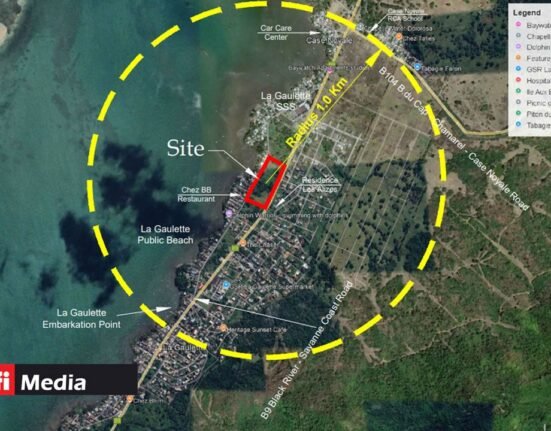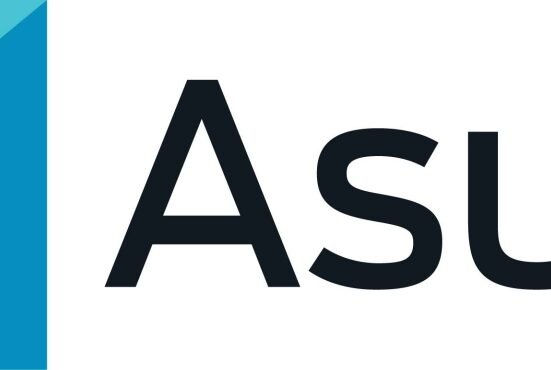Gov. Glenn Youngkin wants $96 million over four years to replace Virginia’s outdated tax management system before he’ll consider letting the state participate in a new federal program to let taxpayers file their federal income tax returns directly, without going through a private tax preparer.
But Virginia Democrats want to force his hand. They plan to file legislation to return to the “iFile” system that about 278,000 taxpayers used to file their state income taxes directly online before the state passed a law in 2010 that closed that option in favor of a more limited direct filing system run by a consortium of for-profit companies.
After then-Gov. Bob McDonnell, a Republican, signed the legislation into law, about 90,000 Virginians lost the option of filing online for free.
People are also reading…
“That was a mistake,” said Sen. Creigh Deeds, D-Charlottesville, who fought the legislation the year after losing the governor’s race to McDonnell.
Democrats also want Virginia to participate in the new Direct File program that the IRS is offering to taxpayers with relatively low incomes and uncomplicated tax returns. Youngkin opted out of the program this year in part because he says the state’s tax management system can’t handle it.
“We have not said we’re not going to do it,” Secretary of Finance Steve Cummings told the Senate Finance & Appropriations Committee last week. “Right now, we couldn’t implement it.”
Sen. Jeremy McPike, D-Prince William, responded, “You’ll be seeing some legislation to assist with that.”
McPike said he and Del. Kathy Tran, D-Fairfax, plan to introduce legislation that would restore the old program for filing state income tax returns while also ensuring that Virginia taxpayers have the option of using the new IRS program to file their federal income tax returns.
“We want to be able to file directly, either state or federal,” he said in an interview on Wednesday. “We need to enable the Direct File on the federal side and we need to go back to where we were in 2010 to be able to file (state returns) online.”
Democrats in Virginia’s congressional delegation urged Youngkin in July to let Virginia join the optional IRS program to save taxpayers money and hassle in filing their federal returns. The Republican governor rejected their request in part because he said the 2010 law “effectively prohibits participation in the new program.”
Youngkin also cited technical constraints and constitutional concerns raised by Attorney General Jason Miyares, a potential Republican candidate for governor next year, and other Republican attorneys general who called the direct filing option “unnecessary and unconstitutional” in a letter to Treasury Secretary Janet Yellen in January.
In addition to the cost of replacing the system, the governor estimated that enabling the Direct File system would cost the state an additional $1.5 million.
Cummings, in his presentation to the Senate budget committee last week, focused on the technical obstacles posed by the state’s tax management information system, which is 25 years old and increasingly difficult to support.
“This is the core system,” he said. “This is what runs Tax.”
$24 million per year
The administration is asking for $24 million a year over four years to modernize the system in phases, beginning with the sales and use tax and individual income taxes withheld from paychecks. The next phases would apply to corporate income and business taxes, then individual income taxes, and finally miscellaneous taxes.
“I do believe this is a critical need,” Cummings said. “I think we’re beyond the phase of study, and I think you need to take action.”
The Virginia Society of CPAs has not taken a position on the Direct File program, but it is limiting legislation that it would advocate for tax policy changes in the next session because “we know that implementation of it would be a problem,” said Emily Walker, its vice president of advocacy.
Walker called the outdated tax management system “a barrier to doing a lot of tax policy stuff in Virginia at the moment.”
Youngkin, in a letter to congressional Democrats in August, chided the Democratic-controlled General Assembly for not providing the first $24 million needed for the upgrade as part of $150 million that he sought in the two-year budget this year to create a fund that his administration would control for unspecified IT projects.
The assembly rejected the total request, although the House budget would have provided money for the first year of the tax system upgrade. The budget provided $1 million for the state to prepare and issue a request for proposals for contractors to do the work.
Cummings acknowledged that the governor’s IT funding request “did not land well” with the legislature, but said the state needs to start moving ahead with the tax management system and a phased upgrade of the Cardinal system. The Cardinal system handles financial and other data for all state agencies, as well as hundreds of local government users. The administration is spending $9.5 million to assess how to do it and how much it will cost.
“It’s going to be a big number,” he told the committee.
Virginia General Assembly opens 2024 session
Sen. Bill Stanley, R-Franklin County, sponsored the legislation to remove the medical malpractice cap in cases involving young children.
Locke
Sen. Emily Jordan, R-Isle of Wight opens a door at the Virginia State Capitol on January 10, 2024, in Richmond, Va. MARGO WAGNER/TIMES-DISPATCH
Sen. Danny Diggs, R-York listens to one of his fellow senators speak at the Virginia State Capitol on Wednesday.
Sen. Mamie Locke, D-Hampton looks towards the front of the Virginia State Senate while her fellow senators talk amongst themselves while at ease at the Virginia State Capitol on January 10, 2024, in Richmond, Va. MARGO WAGNER/TIMES-DISPATCH
Sen. Bill DeSteph, R-Virginia Beach, talks to Sen. Louise Lucas, D-Portsmouth, at the state Capitol in January. On Tuesday the Senate Finance and Appropriations Committee, led by Lucas, defeated DeSteph’s meals tax bill.
Senate Majority Leader Scott Surovell, D-Fairfax, sponsored the bill to create a Virginia Clean Energy Innovation Bank.
Speaker of the House Don Scott Jr. addresses the House of Delegates at the Capitol Building on Wednesday, Jan. 10, 2024. Scott is the first Black Speaker of the House of Delegates of Virginia.
Speaker of the House Don Scott Jr. addresses the House of Delegates at the Capitol Building on Wednesday, Jan. 10, 2024. Scott is the first Black Speaker of the House of Delegates of Virginia.
Speaker of the House Don Scott Jr. addresses the House of Delegates at the Capitol Building on Wednesday, Jan. 10, 2024. Scott is the first Black Speaker of the House of Delegates of Virginia.
Speaker of the House Don Scott Jr. addresses the House of Delegates at the Capitol Building on Wednesday, Jan. 10, 2024. Scott is the first Black Speaker of the House of Delegates of Virginia.
Del. Don Scott Jr., D-Portsmouth becomes emotional before becoming Speaker of the House at the Capitol Building on Wednesday, Jan. 10, 2024.







